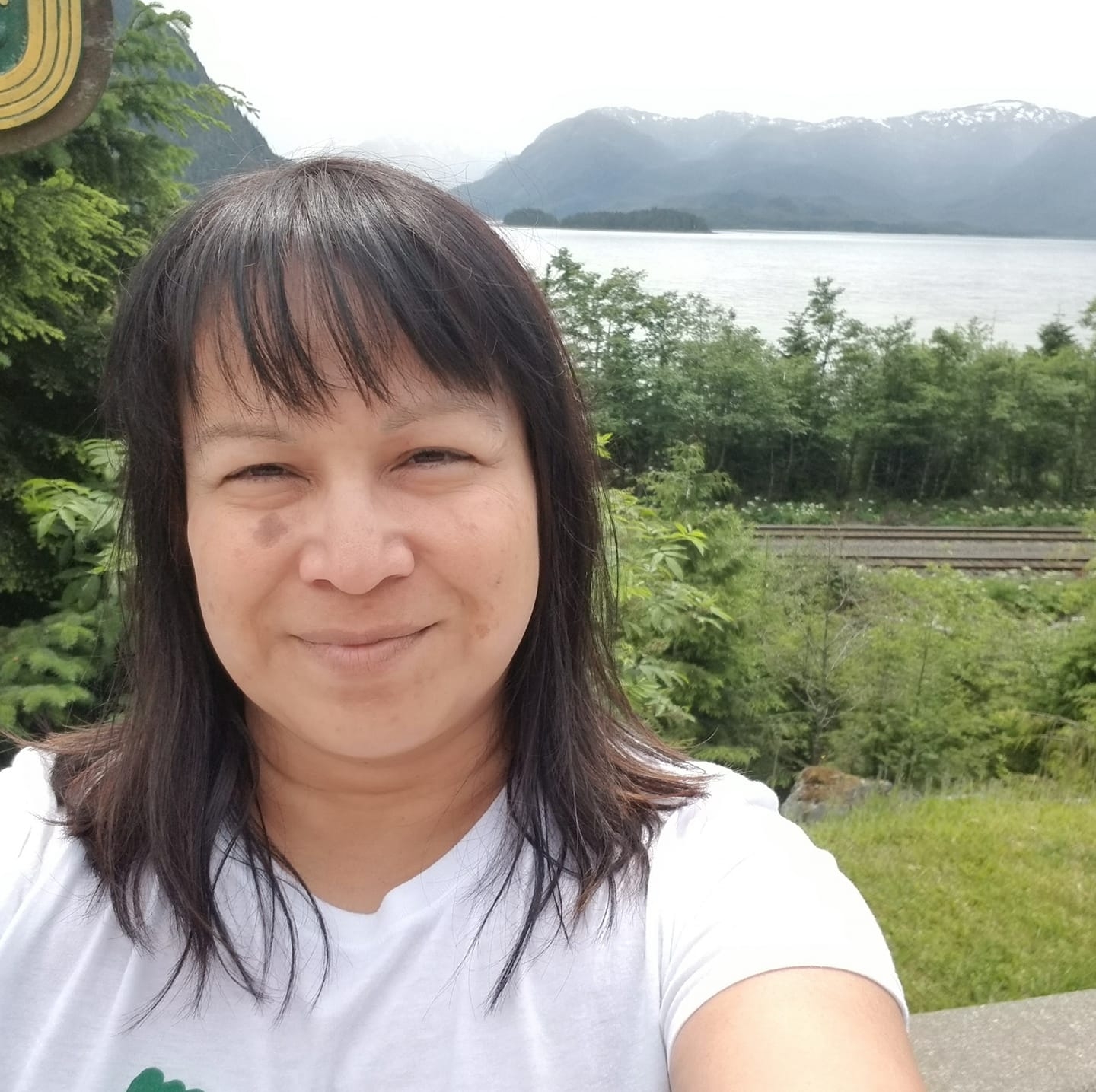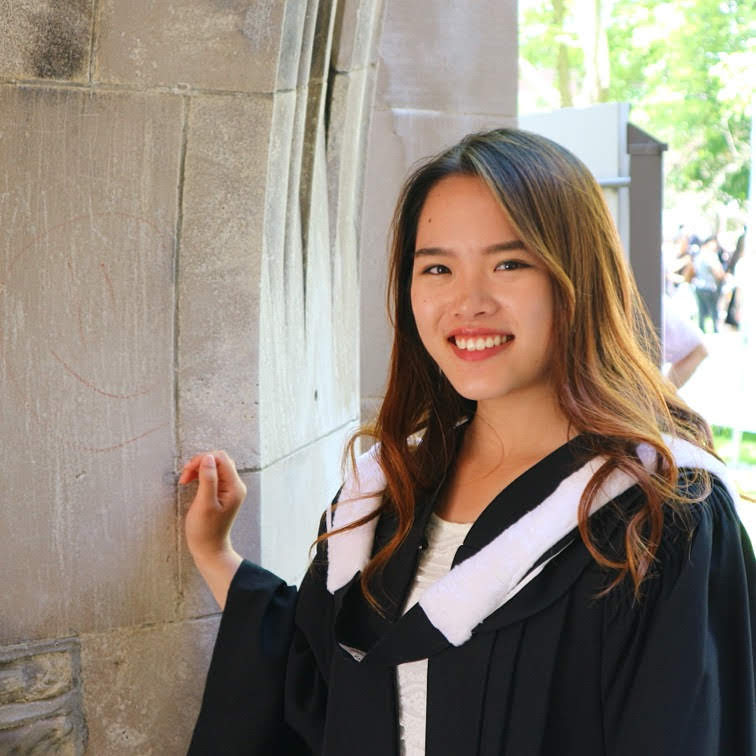IRES Seminar Series
Time: 12:30pm to 1:30pm (every Thursday)
Via Zoom
View video.
*********************************************************************************
Visualizing Urban Indigenous Water Knowledge
Water is of central importance to Indigenous peoples the world over, therefore water governance is of particular interest for our communities and Nations. Current Indigenous water governance debates call for a shift in water governance that meaningfully includes Traditional Ecological Knowledge (TEK) or Indigenous Knowledge (IK), Indigenous laws and ontologies to address water challenges. Despite the fact that over half of Indigenous peoples in Canada live in an urban area, the voice of urban Indigenous people has been largely absent from the growing literature on Indigenous water governance, water stewardship, and TEK, which has an on-reserve or rural focus. This presentation will describe my proposed doctoral research which will use arts-based methods to investigate urban Indigenous relationships to water, and related implications for water stewardship and governance, in the traditional, unceded territories of the Coast Salish peoples (Xʷməθkʷəy̓əm, Skwxwu7mesh, and Tsleil-Waututh) occupied by Metro Vancouver.
Joanne Nelson

IRES PhD Program
Bio:
Joanne Nelson is a Tsm’syen woman who grew up in the northwestern BC communities of Port Edward and Prince Rupert where she gained a tremendous appreciation for nature, in particular the ocean environment. She is from Lax Kw’alaams on her mother’s side and Kitsumkalum on her father’s side. Her passions include traditional Tsm’syen art forms as well as paddle sports such as dragon boat and outrigger canoe. She is a PhD student at UBC’s Resource, Environment and Sustainability program. Her research will focus on using arts-based methods to engage with urban Indigenous peoples regarding traditional knowledge, water governance and water stewardship that centre Indigenous Ways of Knowing. Joanne had lived on the unceded land of the Xʷməθkʷəy̓əm, Skwxwu7mesh, and Tsleil-Waututh people on and off for over 30 years before returning to Ts’msyen territory, Prince Rupert.
On the Acceptance of Intergenerational Legacies: A Comparison of Canada and Japan
Justice negotiations for climate change, as with other multi-generational issues, have been challenging. Parties in such negotiations clash on how to treat outcomes of past actions. Two challenges often emerge: 1) how to treat positive legacies and recompense for negative legacies, and 2) whether to differentiate between actions leading to known harms and those with unintended outcomes. We aimed to shed light on these two challenges via a cross-cultural lens by operationalizing legacies in inheritance of riches and debt. We collected reasoned responses from participants in Canada and Japan on whether and under what conditions they would accept inheritance and settle debts. The findings highlight strong influences of culture, gender, and age on accepting responsibilities for historic actions and willingness to provide compensation. They also support abandoning the debates on intentionality and framing compensation differently.
Kyoko Adachi

IRES MA Alumna (July 2020)
Bio:
Kyoko Adachi completed her master’s degree in July this year at IRES, UBC under the supervision of Dr. Hadi Dowlatabadi and Dr. Jiaying Zhao. She was born and raised in Tokyo, Japan, and moved to Toronto 6 years ago where she earned her BA in Environmental Ethics. Her research interest lies in exploring cultural differences and influences in international negotiations, especially those of climate change. She currently resides in Tokyo, Japan.